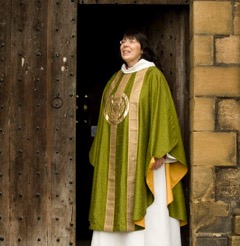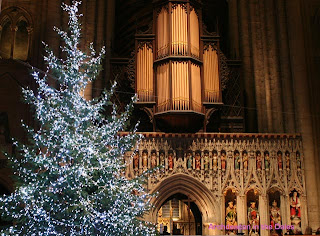- More room for those who live in real poverty in Britain. There are people in nearly every community who have poor access to transport, employment, good food, heating, holidays, educational and training opportunities. My sense is that Anglican churches all over the place are much less in touch with this than they once were. We need to rediscover our social conscience.
- More room for education and discussion that helps us tackle global poverty - whether this is trying to understand the financial systems we all depend on or trying to find ways to learn about specific needs and respond to them. Church members won't necessarily agree on casues or courses of action, but churches should be ensuring that we take responsibility to think about this and that action comes of discussion.
- More room for people who are isolated as a result of changing demographics and ways of living. This includes the elderly and immobile, the rising number of people who live in single person households and have not chosen this, unpaid carers, assylum seekers, people who do not speak English or communicate readily, and the many people who live hundreds of miles from their nearest family members. We need to take a good look at the shape of the society we live in and stop behaving as though most people live in two parent family units with extended family support.
 |
| 18% of people in the UK live in single person households |
- More room for silence, simplicity and directness.
- More room to acknowledge where we, as churches, have a poor record in recognizing the dignity of all human beings and opposing oppression or exclusion. Room just to acknowledge that we may have been wrong in the past and perhaps still are - nothing will change if we assume we are somehow taking a lead or setting a good example when we are not.
- More room to take on board the insights and challenges of those who think differently from us. The gift of humility.


















